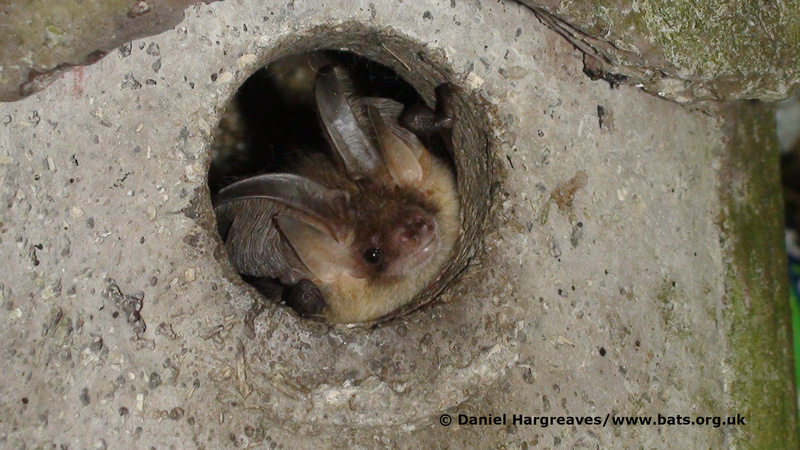Vistry Group has teamed up with the Bat Conservation Trust to create dark corridors and roosting habitats to support bats and other wildlife at new-build locations across the country.
The leading national bat charity says the housebuilder’s developments offer opportunities to make improvements that will help people, bats and other wildlife.
Dark corridors are particularly important at this time of year when female bats give birth to a single baby, called a pup, and need to eat a lot of insects to produce enough milk to feed their pup. Dark corridors can provide a vital lifeline and help bats move across otherwise fairly inhospitable landscapes.
The housebuilder has previously worked to help conserve bats, including at its Lea Castle development, near Kidderminster, and is now working to extend its approach nationwide by working with the BCT. Vistry is also encouraging staff to take part in the National Bat Monitoring Programme Sunset Survey to monitor bats and make more people aware of bats in their area.
Fiona Milden, group planning director at Vistry, said: “Vistry is very much enjoying being part of the next chapter on bat conservation and doing what we can on our locations across the country to preserve British bat species by incorporating new and existing methods as early on in the housebuilding process as possible. This includes creating dark corridors, by avoiding unnecessary artificial lighting that disturbs bats, and educating our staff so they know why particular habitats are being built and what opportunities there are on new-build locations.”
Bats are long-lived and slow breeding mammals so are particularly vulnerable to disturbance or other environmental changes. By working together, BCT and Vistry want to make housing developments more wildlife friendly by incorporating features to reduce any negative impacts. Incorporating nature friendly features to help bats and other wildlife also benefits people as a healthy bat population is a good indicator of a healthy environment.
During the planning stages of developments, Vistry aims to look for opportunities to have low-level lighting, dark corridors, to install additional bat boxes and create wildlife-friendly habitats to help all wildlife. While bats and their roosts are already legally protected and need to be taken into consideration in any building work, Vistry is aspiring to go beyond the required legal mitigation.
Jo Ferguson, built environment manager at the BCT, said: “Vistry is working on some very exciting initiatives to help bats. We are delighted to be working closely with them to offer ideas on how to enhance beyond the mitigation required by law, hear their plans on upcoming developments and to help educate staff. There is an opportunity to enhance green spaces on Vistry locations to make them more nature friendly in and around the construction of new-build homes.”
Jo has presented online webinars to Vistry staff on biodiversity, technical opportunities and lighting and landscape. There are 18 species of bat in the UK, including the greater mouse-eared bat, Myotis myotis, which was declared extinct in 1992. A single bat was rediscovered in 2002 and returns faithfully every year to its secret winter roost in Sussex. The bat went missing for two years but reappeared in December 2021. The aim is that no other bat species in the UK will go down to one individual.
Ends
Caption:
A brown long-eared bat peeking out of a bat box ©Daniel Hargreaves/www.bats.org.uk
Notes to Editors
Vistry Group is uniquely positioned to lead the way in the UK housing market with a countercyclical business model featuring Vistry Housebuilding and Vistry Partnerships. We have an unmatched portfolio of brands – including Bovis Homes and Linden Homes – with rich histories and strong reputations. We are proud of our 5-Star HBF customer satisfaction rating as we deliver on our purpose of developing sustainable homes and communities across all sectors of the UK housing market. Our key asset is our people – around 3,000 of them across the country – who are committed to doing the right thing and living our values of integrity, caring and quality, ensuring we put our customers and clients at the centre of everything we do. For more information, visit www.vistrygroup.co.uk.
Bat Conservation Trust are the leading NGO solely devoted to the conservation of bats and the landscapes on which they rely. We work closely with many organisations including over 80 bat groups across the UK. Bats are unique and play a vital role in our environment but during the last century bat populations suffered severe declines. We are working to secure the future of bats in our ever-changing world by tackling the threats to bats, from persecution to loss or roosts and changing land use. As the authoritative voice for bat conservation we work locally, nationally, across Europe and internationally.
www.bats.org.uk









